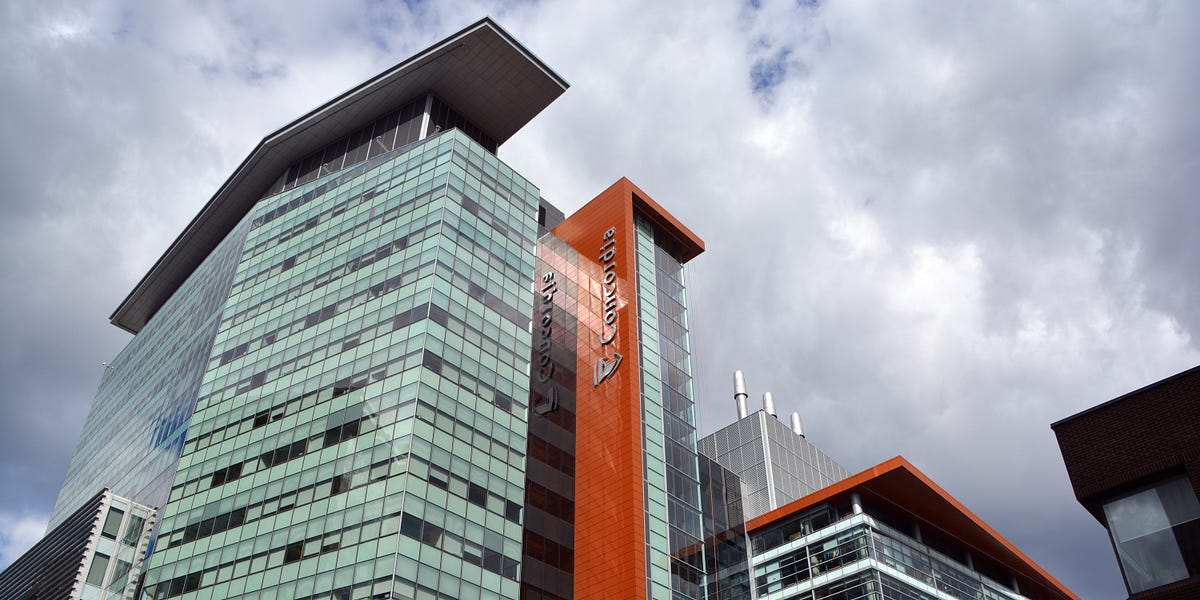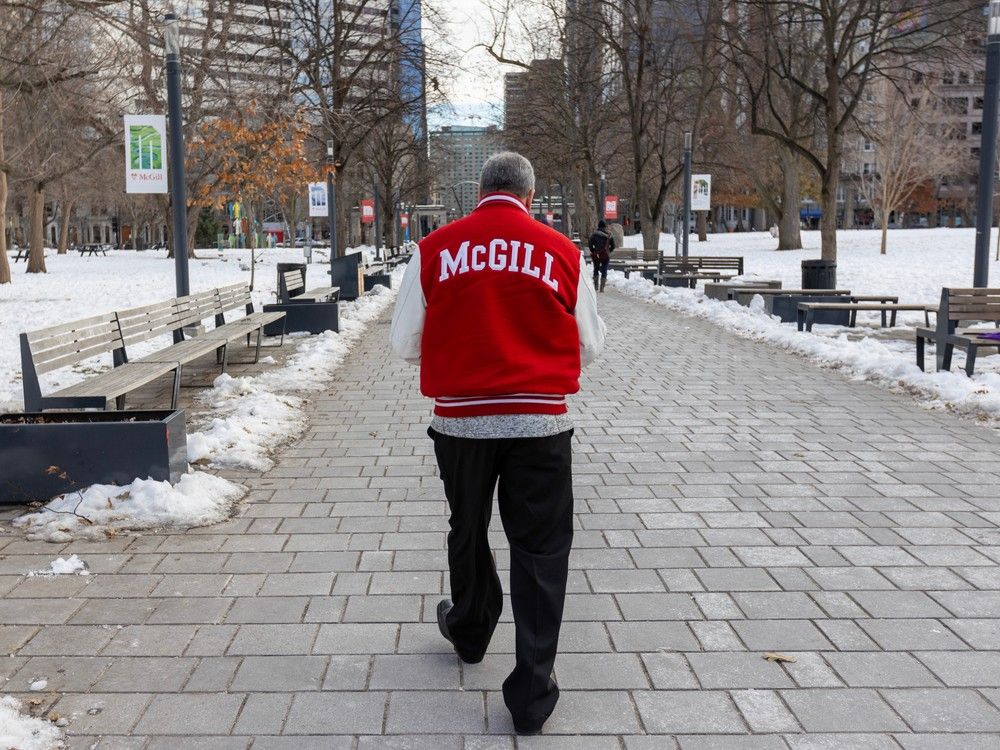Stratford Institute inches closer to reality & UWO involvement
Stratford another step closer
Posted By DONAL O'CONNOR
Posted 20 hours ago
http://www.stratfordbeaconherald.com/ArticleDisplay.aspx?e=2169070
Acting in committee-of-the-whole Monday night,
city council unanimously backed a deal with the University of Waterloo that commits the municipality to $10 million in construction costs and to providing eight acres of downtown property that meets residential environmental standards.
The agreement that obviously targets the Cooper site, or part of it, for a campus has been pending for many months and has hardly been a secret.
The inking of a formal agreement, however, moves things forward and a construction start is anticipated next year.
The city is also agreeing to take a leadership role in raising an additional $5 million in capital costs and to make "reasonable efforts" to secure additional adjacent land for the university for parking.
That's all separate from the $10 million in capital the Ontario government has already provided towards the Stratford campus.
A master plan is being developed for the entire site, and location will be available for the YMCA and "in the future" for the public library, says a background report.
There's provision too for the disposition of the lands and the municipal capital contribution if the proposed campus isn't constructed or ceases operation as a campus within 20 years.
Up to $8 million from the city is to be paid to the university as construction costs are incurred. The remaining $2 million of the $10-million construction pledge is payable on substantial completion of the work.
Monday's nod of confidence in the proposed agreement came only after city council heard some advice from Lawrence Ryan, owner of the Cooper site for the past 12 or so years and from whom the city is expropriating the 11.5- acre site.
Although Mr. Ryan said he was "very pleased" the city is about to enter into an agreement with the university, he suggested council await a structural report he commissioned for the existing building on the site.
Mr. Ryan also offered to give the city some ideas on cost savings for using the existing structure and advised council should be careful not to make the same mistake it made 14 years ago when the municipality owned the Cooper property.
"You don't want to have an agreement that leaves too many things up for grabs," he said.
City resident Keith Hillier addressed council as well last night about the university deal. He suggested council hadn't fully considered the impact the agreement will have on taxpayers and there should be some public discussion.
He predicted the financial commitment to the university, which he estimated at about $22 million (including $7 million for environmental work) would result in city taxes "exploding" in the years ahead.
Coun. Tom Clifford, chair of the city's finance committee, suggested Mr. Hillier attend the pre-budget meeting scheduled for Nov. 25 at 4:30 p.m. at the Rotary Complex.
The formal agreement between the municipality and the university does not specifically mention the Cooper site, but the city's commitment is to provide initially a single site of at least eight acres in the downtown core that can accommodate a 45,000-square-foot building housing a professional master's program for 100 students, a year-round conference facility and a research institute.
A second phase development anticipates expansion for an undergraduate program.
The city was supposed to take possession of the Cooper site Sept. 18 under an expropriation timetable, but the takeover remains tied up in court following an application made by Mr. Ryan to extend the deadline.
Mr. Ryan has challenged an appraisal of the property that would see the city paying $500,000 "as is" or $4.3 million if the property were free of environmental issues.
Court heard last month that Mr. Ryan and 1353837 Ontario Inc. would need about 12 weeks for an engineering report to be completed and to be ready to make their case.
Article ID# 2169070
Submit content
2009-11-06 14:30:48
Waterloo and Western explore Stratford digital media collaboration
http://newsrelease.uwaterloo.ca/news.php?id=5138
STRATFORD, Ont. (Friday, Nov. 6, 2009) -
The universities of Waterloo and Western Ontario will collaborate on teaching, research and professional efforts on Waterloo's soon-to-be-established Stratford campus.
The two institutions today signed a memorandum of understanding in Stratford to investigate shared academic initiatives. They will look to collaborate on research and professional activities, particularly in the area of digital media, and jointly promote Canada's digital media sector. They will also explore opportunities to co-operate on the development of the Stratford Institute, with a view of having Western become an active participant.
"The University of Waterloo welcomes Western's enthusiasm for, and participation in, the development of a digital media campus and institute," said David Johnston, president of the University of Waterloo. "Western has well-established strengths in media, both traditional and digital, as well as in information technologies, which can only contribute to the success of our efforts to establish Stratford and Canada as digital media leaders."
"Western has considerable expertise in the areas of digital media, communications and information technologies," said Amit Chakma, president of the University of Western Ontario. "We look forward to exploring opportunities to collaborate with the University of Waterloo and its Stratford Institute."
Waterloo is currently creating a satellite campus in Stratford, focused on undergraduate and graduate education in digital media and the related areas of business, technology and creativity. The campus will also be home to the Stratford Institute, envisioned as a world-leading think tank and research institute in digital media, involving strong academic-business partnerships and significant commercialization activities.
The University of Western Ontario has expertise across the institution in various aspects of digital media, information technologies and critical media studies. Western's faculty of science has strengths in digital gaming and game programming, and its faculty of information and media studies is a national leader in undergraduate and graduate media studies, critical media studies, and the study of communication and information technologies. Western has helped spin off digital media companies, such as EK-3, and London is home to many leading digital companies, including Digital Extremes, named one Financial Post's Ten Best Companies to Work For - 2010






